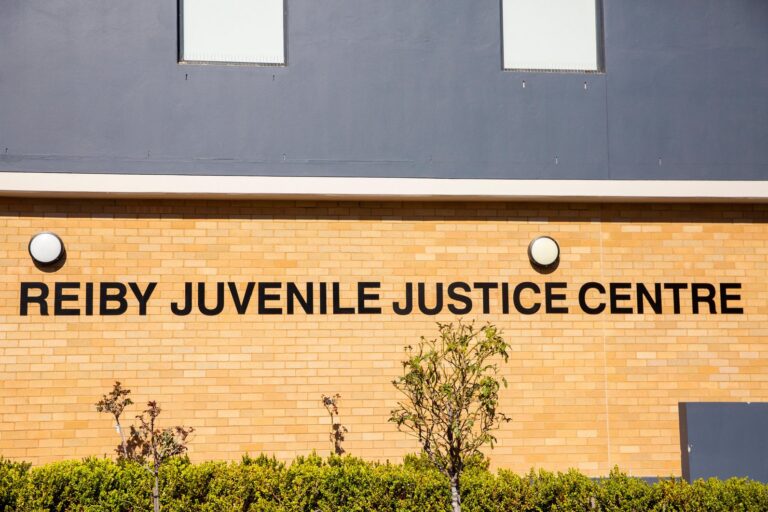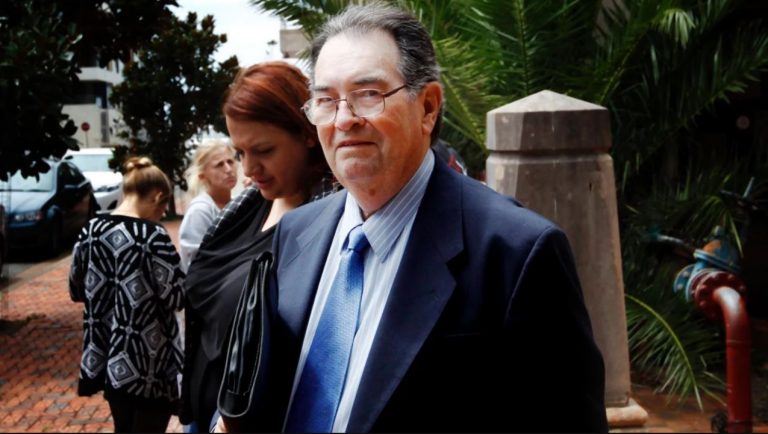
The Shocking Hazing Rituals In The Australian Armed Forces
Hazing rituals or “bastardisation” have been a feature in many institutions for generations. This is the practice of initiating young recruits by established members. It
All the latest news on institutional abuse; including clergy abuse, defence force abuse, and foster parent abuse

Hazing rituals or “bastardisation” have been a feature in many institutions for generations. This is the practice of initiating young recruits by established members. It

Three shocking stories have emerged from across Australia recently, exposing deep failures in youth detention and schools. From historic child sex abuse charges in Tasmania,

Allegations and convictions of historical child sexual abuse continue to emerge, with several former teachers across Australia facing serious charges. This month’s news highlights three

In this edition: a former teacher avoids jail despite being convicted of sexually abusing a student, a youth offender sues the ACT government over alleged

Kelso Lawyers are seeking contact from people who attended Broadmeadow High School between the late 1970s and the mid-1990s. We are looking for information about

Former Daruk Training School superintendent and federal politician Alasdair Webster has failed in his bid to have child abuse charges against him thrown out of court. Kelso Lawyers

Kelso Lawyers are seeking contact from former students who may have information regarding a particular male teacher who taught either Latin, French, Mathematics, or Technical

Australia’s most prolific paedophile priest, Gerald Ridsdale, is now facing a further 62 child sexual abuse charges. Ridsdale was a Catholic priest who committed many

Disgraced paedophile and former Anglican Dean of Newcastle Graeme Lawrence will be released on parole next week. Lawrence was convicted of the 1991 sexual assault

Kelso Lawyers are seeking contact from people who have any information regarding Paul Raymond Evans (formerly known as Brother Evans or Father Evans) during his

As written by the founder and principal of Kelso Lawyers, Peter Kelso As a former State Ward and long-term advocate for victims of child abuse,

School should be the one place where all children feel safe. Sadly, for thousands of Australian students, this is often not the case. Students all

A recent independent inquiry into responses to child sexual abuse in Tasmanian schools found that the State spent decades protecting paedophile teachers and ignoring complaints

Kelso Lawyers are seeking contact from people who attended Chelsea Primary School (Victoria) in or around 1977. We are looking for ex-students who may have

Following the Royal Commission into Institutional Child Abuse, a number of changes were made to make it easier for abuse survivors to pursue compensation for

For many decades, ‘State Ward’ was the title given to children removed from their parents and assumed into the care of the State Government. Essentially,

Kelso Lawyers are seeking contact from people who attended Hendon Primary School in South Australia from around 1990-1994. We are looking for students who may

As written by the founder and principal of Kelso Lawyers, Peter Kelso It was with great satisfaction that I received the news in March 2023

The statistics surrounding pedophile priests in Western Australia are alarming. The Royal Commission into Institutional Responses to Child Sexual Abuse found that, between 1950 and

As written by the founder and principal of Kelso Lawyers, Peter Kelso As a former State Ward and long-term advocate for victims of child abuse,
74-84 Tudor Street
Hamilton NSW 2303
Mail: PO Box 1016 Hamilton NSW 2303
t: (02) 4907 4200
f: (02) 4929 1188
e: adminteam@kelsos.com.au
Liability limited by a scheme approved under Professional Standards Legislation. Legal practitioners employed by Kelso Lawyers are members of the scheme. Click here for our Disclaimer and Privacy Policy.